My study of road signs in the manual reminded me that my brother-in-law recently took a trip to Alaska where he took pictures of a number of unique(?) traffic signs in Denali National Park. To the best of my knowledge, they are all real, actual signs of the category “Warning” signs, which is denoted by their diamond shape and, usual yellow color. I assume that all of the common, standard types of signs were also present, but there were some which I had not previously encountered, and which struck me as interesting, especially as they were NOT in the Nebraska Driver’s Manual.
For example, this one isn’t in the manual, although I believe that I have seen it before. However, the circumstances shown here made its presence in this context seem a bit unusual, although certainly reasonable.
This, next, sign made me wonder if all of the stories which I have heard regarding the size and ferocity of mosquitoes in Alaska were really true, as opposed to being exaggerated. Now, if someone had said they had seen this sign in Florida, it might have been quite different.
Possibly my favorite sign of the entire bunch, though, was this one.
If you will excuse my channeling my inner Steve Jobs, there IS “just one more thing,” however.
LLAP,
Dr. B
See you next time!
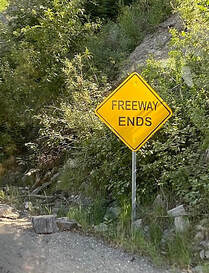
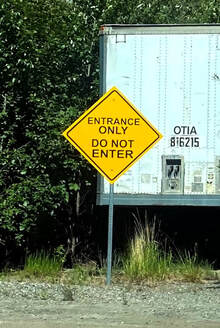
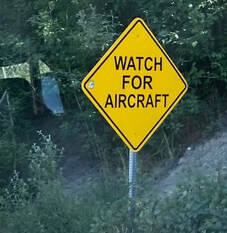
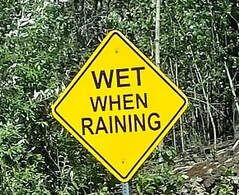
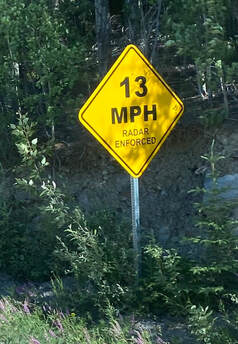
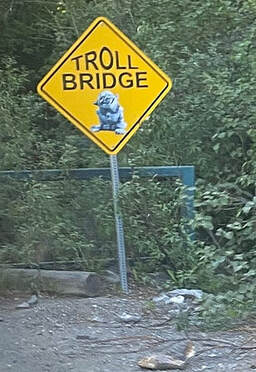
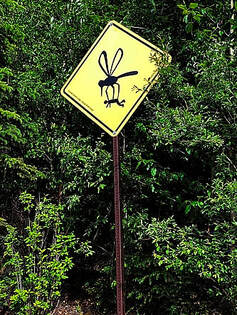
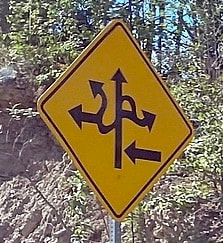
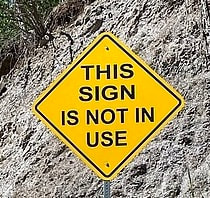
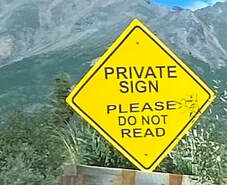
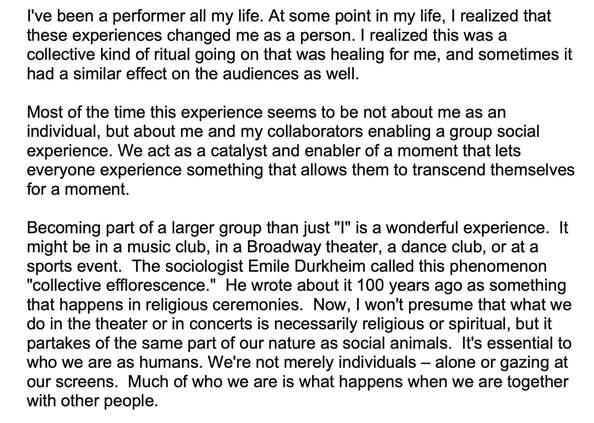
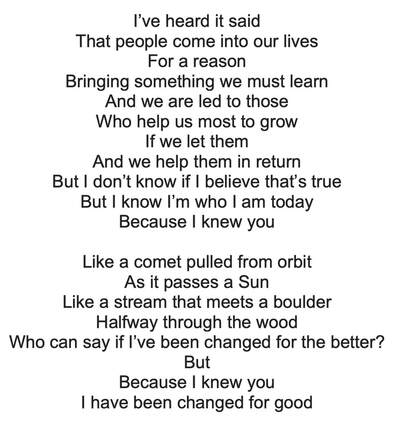
 RSS Feed
RSS Feed